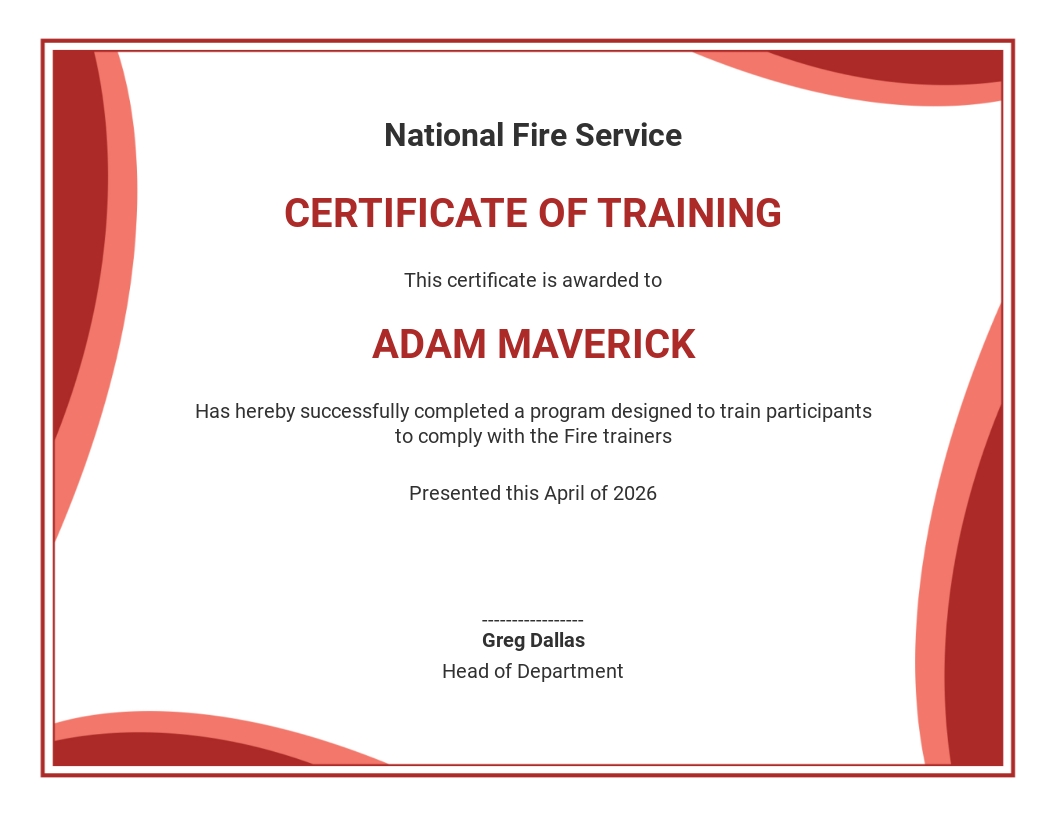Office Fire Safety: Fire Warden Preparation for American Offices
Office Fire Safety: Fire Warden Preparation for American Offices
Blog Article
Fire safety is a critical concern for any business operating in the United States.
Whether you manage a small office or a large corporate space, understanding fire safety protocols is essential to keeping everyone protected.
Read on to discover how to navigate certification renewals with confidence.
Why Fire Safety Matters in US Offices
According to the National Fire Protection Association (NFPA), thousands of commercial fires occur each year, causing billions in property damage and tragic losses of life.
Investing in proper fire safety measures is not just about meeting legal codes; it’s about creating a culture of care and preparedness.
In the US, workplace fire safety is regulated by a mix of national standards (like NFPA guidelines) and local fire codes.
Understanding Fire Warden (Brigade) Training Requirements
This training is essential for ensuring that offices can respond quickly and safely if a fire breaks out.
Employers are responsible for selecting suitable fire wardens and ensuring they receive regular training updates.
Choosing a certified training provider is critical.
Steps to Pass Fire Safety Inspections
These certifications confirm that the office has adequate fire alarms, extinguishers, evacuation plans, signage, and trained personnel in place.
Review your emergency action plan, ensuring it’s accessible and clearly communicated to all staff members.
Certification isn’t a one-time event—renewals are typically required every few years or after major renovations or occupancy changes.

Ongoing Strategies for Workplace Fire Prevention
US offices that prioritize ongoing safety measures are less likely to face emergencies and better prepared when incidents occur.
Ensure that emergency exits remain unlocked, clearly marked, and free of obstructions at all times.
Host periodic refresher trainings, conduct surprise fire drills, and encourage team leaders to review emergency plans during staff meetings.
Understanding the Risks of Non-Compliance in Fire Safety
Failing to meet fire safety standards can have severe legal and financial consequences for US businesses.
Many commercial insurance policies require proof of current fire safety certifications, maintenance logs, and training records.
Investing in compliance is not just about avoiding penalties—it’s about protecting your assets, your team, and your future.

Conclusion: Building a Fire-Safe Workplace
US companies that take fire safety seriously strengthen their resilience, enhance employee confidence, and minimize operational risks.
They not only meet legal obligations but also build trust with employees, clients, and insurers.
As fire risks evolve and workplace environments change, staying proactive is essential.
Common Questions on Workplace Fire Prevention
Which employees should receive fire brigade training?
However, all employees should receive basic fire safety orientation and know evacuation procedures.
What is the renewal period for fire safety compliance?
Renewal periods vary by jurisdiction but are often required every 1–3 years.
What are common causes of office fires?
Common causes include electrical malfunctions, overloaded power strips, kitchen accidents, improperly stored flammable materials, and heating equipment issues.
How does fire safety affect insurance coverage?
Staying compliant protects both your business and your financial stability.
How do I write an effective workplace fire plan?
Drills and refresher training help keep the plan effective and actionable.
normas de incêndio treinamento de brigada de incêndio Report this page